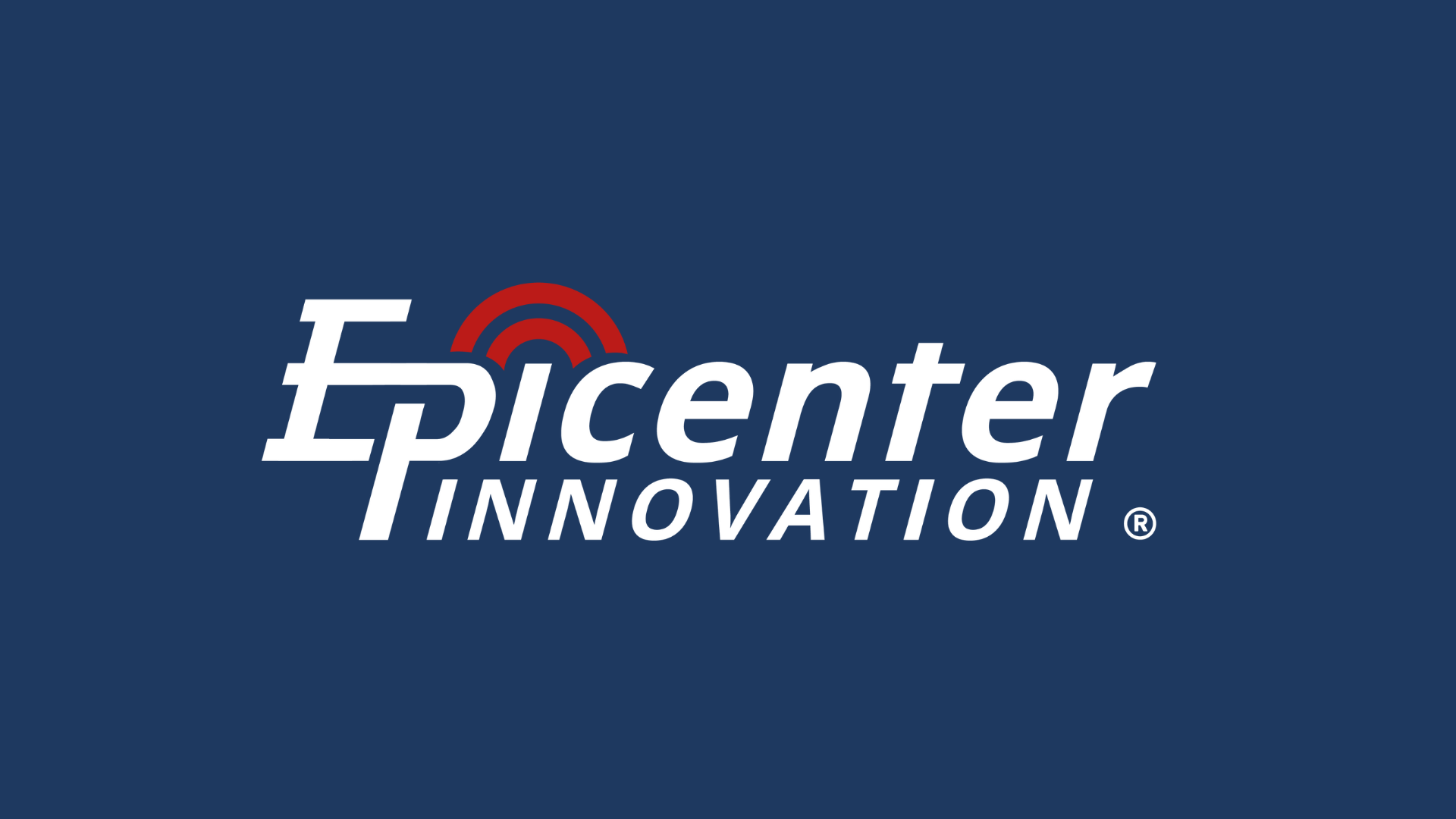Comparing Assessments
RITA & VIA Character Strengths
Understanding individual strengths and character traits plays a vital role in personal growth, positive psychology, and building fulfilling relationships. Two widely recognized assessment tools used for uncovering character strengths are the Resilience Innovator® Type Assessment and the VIA Character Strengths Assessment. In this article, we will compare and contrast these two assessments, exploring their similarities and differences, as well as their potential applications in various domains.
What is VIA Character Strengths?
The VIA Character Strengths Assessment is a well-known tool developed by the VIA Institute on Character that identifies an individual’s core character strengths. It assesses 24 character strengths, including traits like kindness, curiosity, bravery, gratitude, and perseverance, providing insights into an individual’s positive qualities and personal virtues.
How Can I Use VIA Character Strengths?
The VIA Character Strengths Assessment finds applications in various fields, such as positive psychology, coaching, personal development, and team building. It helps individuals recognize and leverage their unique strengths, promote well-being, improve self-awareness, and enhance interpersonal relationships. The assessment assists in aligning personal and professional goals with individual character strengths.
What is RITA?
The Resilience Innovator® Type Assessment (RITA) is a personality assessment tool. It identifies an individual’s Resilience Innovator® archetype, of which there are ten. These archetypes represent different approaches to resilience, problem-solving, and innovation, with each type having its unique strengths and preferences.
How Can I Use RITA?
RITA is specifically designed to assess an individual’s resilience level and innovation style and can be used in various contexts, such as innovation and entrepreneurship training, organizational development, and leadership development. It can help individuals understand their reactions to stressful environments, their natural innovation tendencies, their strengths in the innovation process, and their areas for growth. It can also facilitate effective teamwork and collaboration by bringing together individuals with complementary innovation styles.
What are the similarities between VIA Character Strengths and RITA?
Both assessments assess a list of strengths (“Key Traits” in RITA’s case) and provide a ranked output of those traits for the individual. Both are also used in professional settings like coaching and team building.
What are the differences between VIA Character Strengths and RITA?
- Focus: The VIA Character Strengths Assessment concentrates on identifying an individual’s core character strengths. RITA focuses on identifying an individual’s Key Traits related to resilience and innovation, an individual’s unique Resilience Innovator archetype, and an individual’s behavior related to three resilience conditions.
- Scope: The Resilience Innovator® Type Assessment assesses an individual’s innovation style based on 10 archetypes, whereas the VIA Character Strengths Assessment evaluates an individual’s character strengths across 24 different traits.
- Depth of Assessment: The VIA Character Strengths Assessment offers a comprehensive evaluation of an individual’s core character strengths, emphasizing their positive qualities and virtues. The Resilience Innovator® Type Assessment provides a comprehensive assessment of an individual’s levels of resilience and innovation potential, with detailed descriptions of each archetype’s characteristics, strengths, and weaknesses.
In conclusion, both the Resilience Innovator® Type Assessment and the VIA Character Strengths Assessment offer valuable insights into individual strengths and character traits. While the Resilience Innovator Type Assessment focuses on innovation style and resilience levels, the VIA Character Strengths Assessment provides a broader understanding of an individual’s core character strengths. The choice between the two assessments depends on the specific objectives and contexts in which they will be applied. Whether one seeks to enhance innovation capabilities or cultivate a strengths-based approach to personal growth, both assessments contribute to building self-awareness, fostering positive relationships, and promoting overall well-being.
About Epicenter INNOVATION
Epicenter Innovation® is an award-winning professional services firm driven by human-centered, resilience-focused innovation. Our team is here to help you implement a proven framework for creating impact & unlocking the potential of your people.
We’re the connective tissue between organizations that produce technology and those in the field using it. By working on both sides of the public/private-sector divide, we serve as translators & change-makers at all phases of the disaster management lifecycle – driving human-centered, resilience-focused innovation before, during, and after major incidents.
How Can We Help Your Organization?
Book a Call With the Epicenter Innovation Team
Read More
Top 10 Tips to Increase Personal Resilience
Inrceasing your resilience shouldn't be hard, but where do you start? We've got some easy ways to get you going on your resilience journey.
Top 10 Tips for Making Your Team More Innovative
Innovation is vital to having your work make an impact, but it shouldn't be hard. These ten easy tips will help foster an innovation culture for your team to thrive.
Exploring Innovation in Resilience-Building Practices
We've known for a while that resilience and innovation go hand-in-hand. But how? Learn in this short article.


